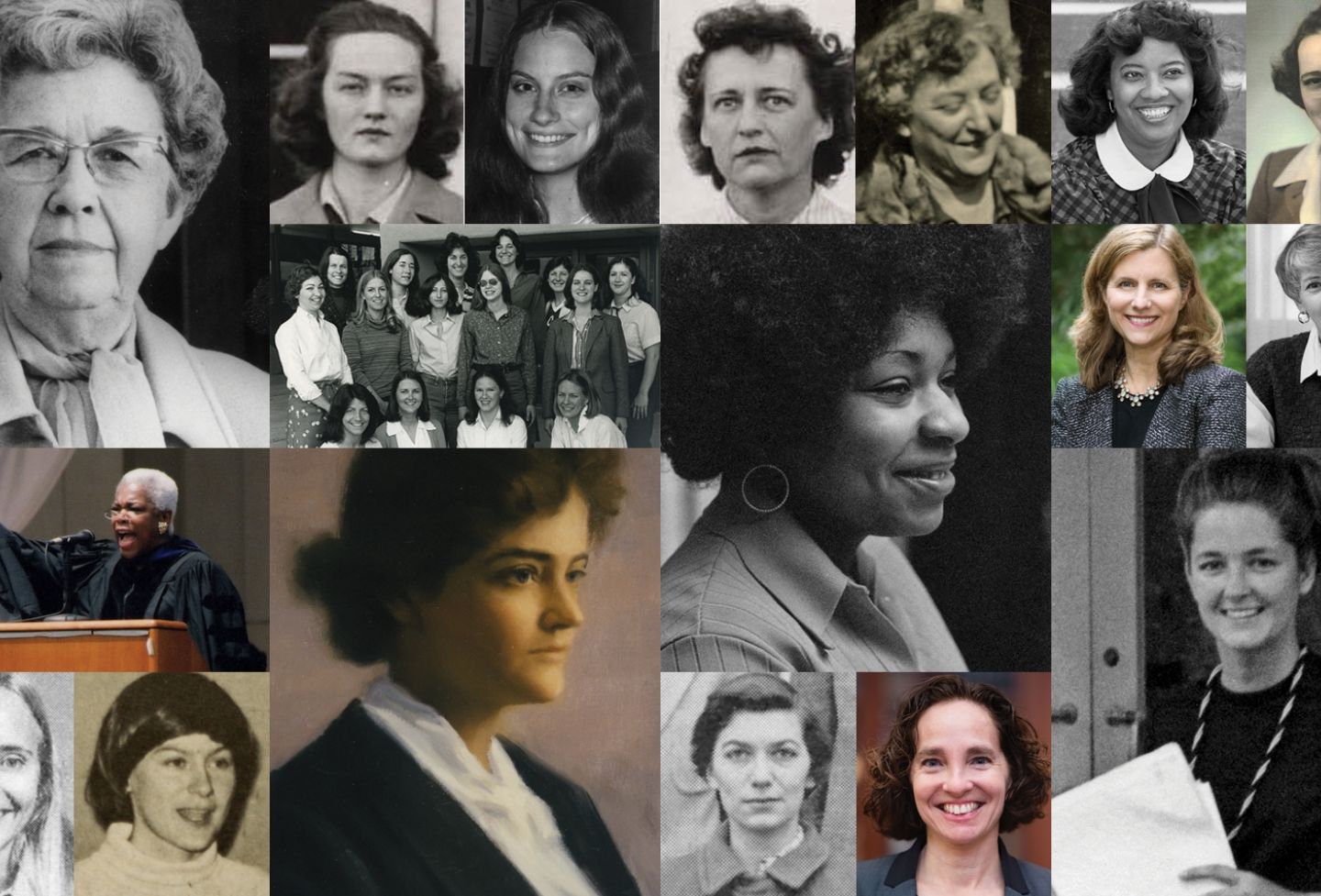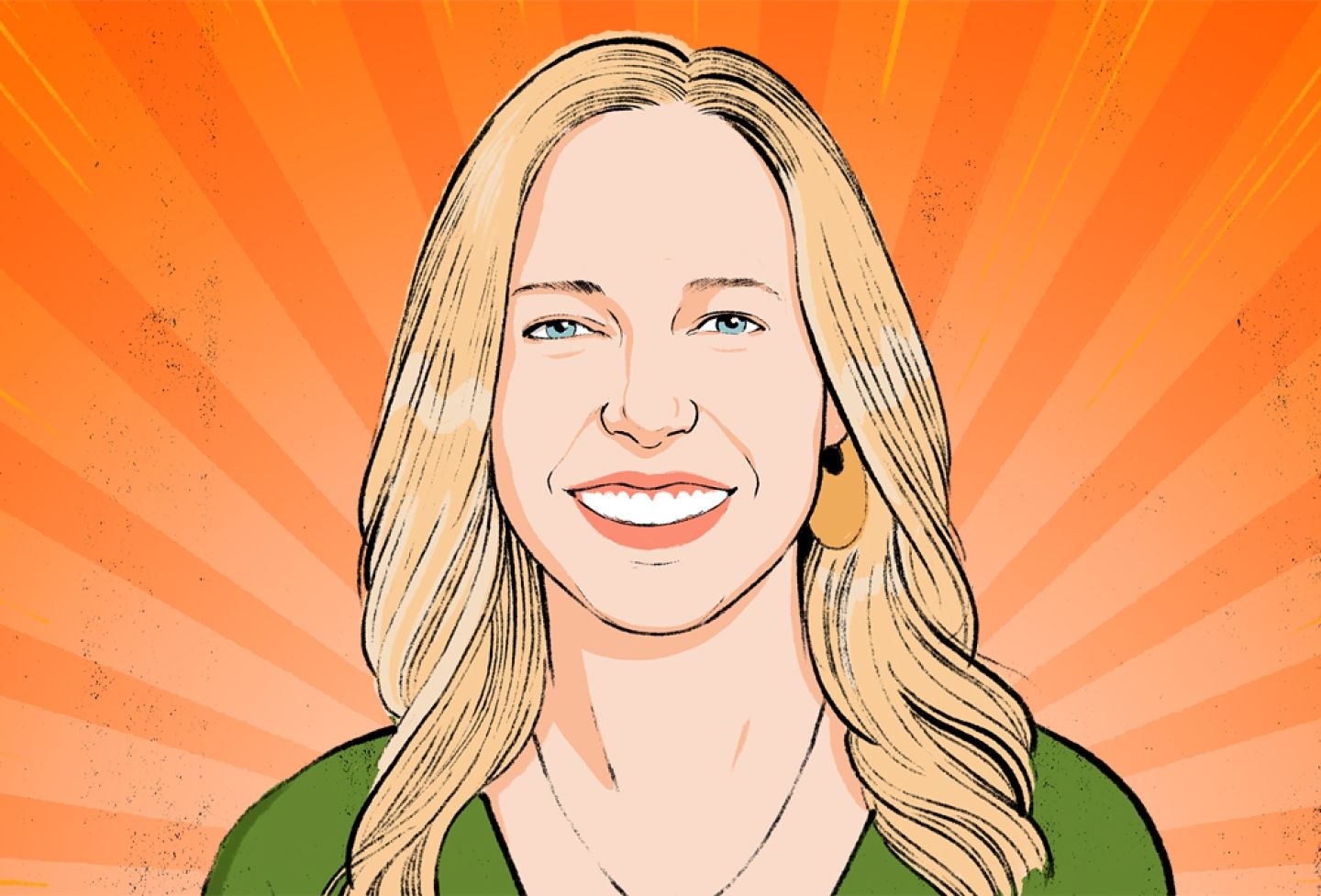Barbara Jeremiah retired in 2008 from aluminum giant Alcoa, where she spent 31 years working first as an attorney before moving into corporate management.
Since then she has served on a number of corporate boards and as a trustee for the Law School Foundation, and now also owns a bookstore in Pittsburgh. At UVA Law, she helped establish the Law Alumnae Scholarship endowment, funded by female graduates.
What was it like to work your way up the ranks at Alcoa?
It was very much a meritocracy. I was the third woman Alcoa hired in the legal department. And I was ambitious. So I took all of the assignments that I got, which stood me in good stead because I was hired the year that RCRA [Resource Conversation and Recovery Act, related to hazardous waste] passed. And then the next year, Superfund passed, so I became the environmental expert because we were all starting from scratch when that legislation was passed.
I enjoyed doing health and safety work. I did antitrust work, which I really loved, as well as doing international transactions. That was something that I had studied and really enjoyed in law school. It was really very much an opportunity to be a generalist, and that’s what I wanted to do because I ultimately wanted to be general counsel at Alcoa. So I rotated through a lot of the disciplines and also embraced management opportunities.
How did you get into the corporate side of the company?
I was a lawyer for the first 20 years I was there, and then I moved over to lead our corporate development group. I was responsible for buying and selling anything that we bought or sold. I also did a number of deep-dive strategic analyses of the company on where we could grow.
At the point I took over corporate development, we had largely exhausted our opportunity to grow in the United States. Most of what was available to us at that point was acquisitions internationally, or partnerships internationally. We tripled our revenue, largely through acquisitions.
We expanded the business into nonaluminum businesses and acquired titanium businesses that took us deeper into aerospace and into other materials. And we reshaped the portfolio by doing a number of divestitures of companies that we thought were all better owned by other people. So I led some of those deals and a number of those deals were led by people who worked for me.
What’s something you’re proudest of in your career?
The metals industry is not the most diverse industry in the world. In 2001-02, at a time when we actually had a number of women in senior management, I got the group together and said, “Let’s form our first affinity network, the Alcoa Women’s Network.” These are not groundbreaking things in other companies — many companies had had multiple affinity networks for a long time. We hadn’t had any.
So I’d say one thing I was most proud of was forming the Alcoa Women’s Network in a way that made it successful at Alcoa, because it was a grassroots effort funded by all of us senior women out of our own budgets and something that was really needed in the organization. After we formed ours, an African American network was formed and an LGBTQ network followed.
The idea was to give professional women the opportunity to talk to senior women role models, to get coaching and mentoring if they needed it professionally, either from other women inside Alcoa, or from outside organizations.
We also generated a lot of tools for managers who needed help understanding how to deal with diversity in their environment. For example, if somebody needs a flexible work schedule, it is in the company’s best interest to try to make that work. We lose a lot more when someone who has been with us a lot of years walks out the door — in terms of talent, experience and the ripple effect of somebody who is well-regarded leaving. One of my colleagues gave me a phrase I still use a lot, which is, “At some point in your life, everybody needs special treatment — whether it’s a sick parent, a sick child or a sick spouse.”
What do you think took you from lawyer to leader?
This is going to sound arrogant, but I’ve always been a leader. I was a leader in high school. I was a leader in college. I was the first female managing editor of the Virginia Journal of International Law — I wanted to spend my career doing international work so the subject matter of the journal was a great fit for me, and I liked the challenge of the management side of the journal.
I’m a really competitive person. And I enjoy leading teams. And certainly, in my career at Alcoa, I was a leader in the legal department, and then I became a leader in the company while raising two wonderful daughters.
More ‘From Lawyer to Leader’ Stories
- Sarah Baker ’04, president and executive director, We The Action
- Nancy L. Buc ’69, former chief counsel, FDA
- Elissa Cadish ’89, justice, Supreme Court of Nevada
- Terrica Ganzy ’02, deputy director, Southern Center for Human Rights
- Jennifer McClellan ’97, Virginia state senator
- Catharina Min ’90, partner, Covington & Burling
- Susan W. Murley ’86, co-managing partner, WilmerHale
- Heather Podesta ’97, founder and CEO, Invariant
- Mary Ellen Powers ’80, partner-in-charge, Jones Day Europe



